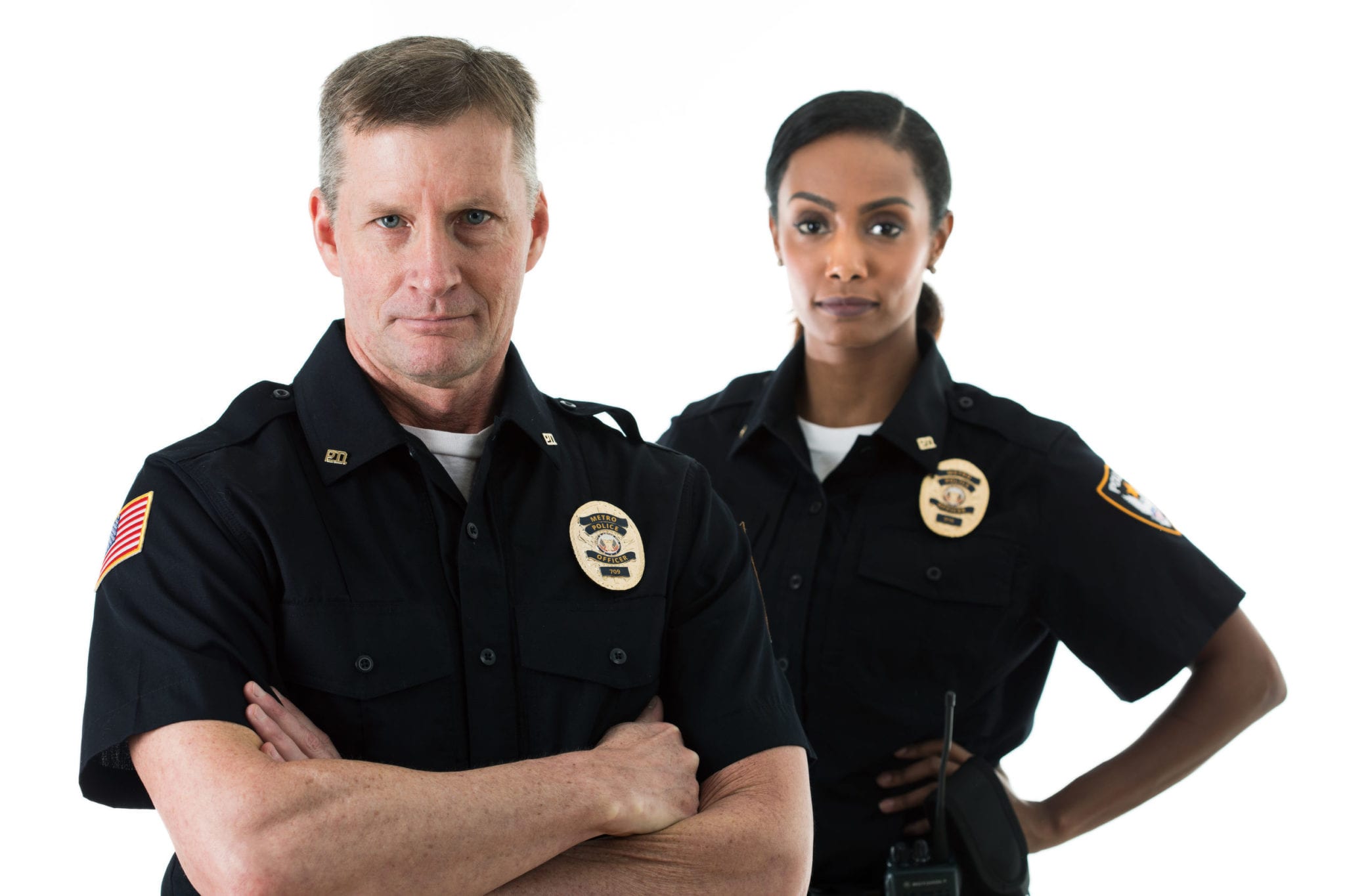In the wake of the death of George Floyd, an idea that has been around for quite some time is starting to gain some traction: defunding the police.
The idea of “defunding” the police is something many people have a negative knee-jerk reaction to. However, what defunding or abolishing police inside and outside of Minneapolis means may surprise you. Here’s what you need to know.
Abolishing the Police in Minneapolis: What Does It Mean?
Proponents of abolishing or defunding the police base this idea on a simple question: what role should the police force play in society and why do they make up such a large chunk of municipal budgets that are often cash-strapped to address other community issues?
The truth of the matter is that the police have become the first line of response to a variety of social issues that would almost certainly be better placed in the hands of other professionals in the community. In fact, many police officers will be the first to tell you that in their roles they’re expected to be not only the police, but crisis managers, family counselors, and social workers.
Instead of investing in heavily arming the police, some of the money allocated in their budgets could be rerouted and invested in other infrastructure in the community — especially in underrepresented and marginalized communities. Advocates would like to see more funds put toward education and health care services, for example, instead of the police. That way, the community’s needs could be addressed by unarmed professionals.
What Is Minneapolis Doing about the Police Force?
In Minneapolis, the city council has declared that funds formerly used for police departments will be used to pursue other issues in the community. They want to use these funds to help with the city’s affordable housing problem, improve mental health resources, and find solutions for the opioid epidemic that has ravaged the city.
Other cities are following suit. Los Angeles has said it will redirect $150 million in funding from the police to invest in health, education, and jobs in communities of color. New York City, too, has pledged to divert funds from the NYPD to more social services and disbanding the special unit in the department responsible for the controversial stop and frisk policies that unfairly targeted people of color.
Okay, But Who’s Going to Do the Policing in Minneapolis?
One of the most common questions people have in the context of discussing defunding or abolishing the police is: who would take their place? It’s a good question!
In Minneapolis, the abolishment of the police force would mean that first responders would take a different form than what people experience now. Instead, people with better training who are more equipped to deal with certain situations would be dispatched. Rather than armed police being sent to every situation, other trained professionals such as social workers, victim advocates, and mental health providers would arrive on the scene.
For many people, calling the police simply doesn’t feel safe, so establishing a community-based system that provides those who need help with someone who they can trust and feel safe with is the overall goal.
The Minneapolis city council hasn’t shared specific plans on what their plans entail, but they have publicly committed to engaging with the community for at least one year to help come up with answers that best serve the community and then make a plan.
What Would Minneapolis Do about Violent Crimes?
Of course, even if the police force is abolished and law enforcement response restructured, there will still be violent crimes – and there needs to be a specific force that responds to it. Minneapolis has acknowledged that the transition process will likely be long, but they eventually want a specially trained class of public servants to respond to violent crime.
Ultimately, everything is still up in the air. The point is that there is an active conversation happening about policing in communities everywhere. Be a part of it to help things change for the better.
About the Author:
Christopher Keyser is an AV-Preeminent rated criminal and DWI defense attorney based in Minneapolis who is known for fighting aggressively for his clients and utilizing innovative tactics to get the most positive results. He has been featured in numerous media outlets due to the breadth and depth of his knowledge and named a Certified Specialist in Criminal Law by the Minnesota Bar Association. Mr. Keyser is Lead Counsel rated, and he has received recognition for his criminal law work from Avvo, Expertise, Super Lawyers, The National Trial Lawyers, and more.







